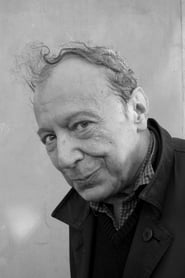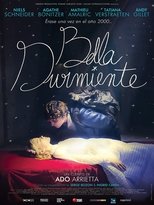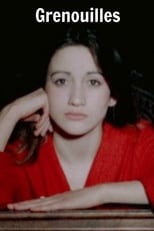Adolfo Arrieta

Adolfo Arrieta
Adolfo González Arrieta (b. in Madrid, August 28, 1942) is a spanish filmmaker, considered as the pioneer of independent film both in Spain and France, due to the artisan quality and the unique spirit of freedom of his films. He usually uses variations of his name in the credits of his films, such as Udolfo Arrieta, Alfo Arrieta or Adolpho Arrieta. His cinematic language is very poetic, apart from narrative conventions, which has made it to be compared with the cinema of Jean Cocteau. Having started as a painter, Arrieta began his filmmaking with the short films El crimen de la pirindola (1965) and Imitación del ángel (1966) both shot in Madrid, a milestone for independet cinema in Spain. He moved to Paris in 1967 with Javier Grandes, an usual actor in most of his films, where he would live through the events of May 1968. In 1969 he met Jean Marais, leading actor in La Belle et la Bête (1945), Orphée (1949) and Le testament d’Orphée (1959) by Jean Cocteau, of whom he ad been a former lover. With Marais Arrieta would shot his first feature film, Le jouet criminel (1969), that was compared to Cocteau's cinema for his poetic nature. With Le château de Pointilly (1972), he would receive critical praise from Marguerite Duras. He won the Great Prize at the Toulon Film Festival with Les intrigues de Sylvia Couski (1974), acclaimed by the critics and considered as the first underground parisian film.











